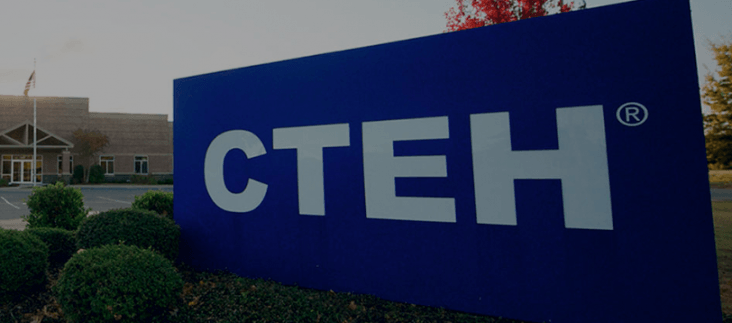Arkansas firm with worldwide pandemic experience assesses COVID-19 activity
by March 14, 2020 3:08 pm 7,039 views

As the COVID-19 outbreak spreads across the U.S., a North Little Rock-based company is uniquely qualified to offer insight on developments. CTEH, Center for Toxicology and Environmental Health, conducts business across the globe.
In particular, CTEH works with companies, governments, and communities to prepare for, respond to, and recover from threats to their environment and people, including pandemic response. The company uses state-of-the-art science and technology and conclusive data to resolve complex health, safety, environmental, toxicological, and management challenges. The company spun out of UAMS’ BioVentures business incubator.
David Watts, MSPH, CIH is a senior industrial hygienist for CTEH. Since he joined the firm in 2012, he has helped with process management, risk communications and response planning for infectious disease outbreaks around the globe.
Talk Business & Politics editor-in-chief Roby Brock asked Watts for his perspective on the current situation.
TB&P: How can Arkansas companies prepare for a potential coronavirus outbreak with infectious disease or emergency response plans? Are there simple steps that should be put in place or should there be a designated point person to monitor and evaluate this?
David Watts: As more coronavirus (COVID-19) cases are confirmed in Arkansas, we recommend all companies develop formalized infectious disease response plans and communicate it to key stakeholders. That way, if their organizations are impacted, management will be clear and united on any decisions that must be made. These plans should specify who is in charge of executing the plan and include the detailed communications, workplace protocols and best practices – such as social distancing – needed to protect employees and minimize further business disruptions.
TB&P: What is the real scoop on masks? We’ve heard they won’t stop the passing of the virus, we’ve heard they can help. Who, if anyone, should wear a mask?
Watts: The majority of Arkansans do not need to go out and purchase a face mask. We only recommend this type of personal protective equipment for healthcare providers or individuals with COVID-19. Instead, we encourage all Arkansans to practice good hygiene practices and social distancing.
TB&P: How does this compare to other biological disasters that you’ve worked? Are there similarities?
Watts: Like other infectious diseases CTEH has responded to, COVID-19 is spread from person-to-person. However, this virus currently appears to be more contagious than others we’ve encountered before, which has made it more challenging to contain. It’s important to note this does not necessarily mean the disease is any worse. In fact, we’re now seeing people can be carriers and never even show symptoms.
TB&P: Where do you think we are in the stage of this crisis? Is it tapering off and becoming under control? Or do you still see more problems on the horizon that may suggest we haven’t really crested yet?
Watts: Right now, I believe the U.S. is in the preliminary stages of the COVID-19 outbreak. As our breadth of testing increases, I fully expect the number of cases to increase. Like other infectious diseases, there will be an arc to the outbreak. We’re currently on the upswing, but we can help prevent COVID-19’s spread by following good hygiene habits and taking proper precautions at home, in the workplace and while traveling.
